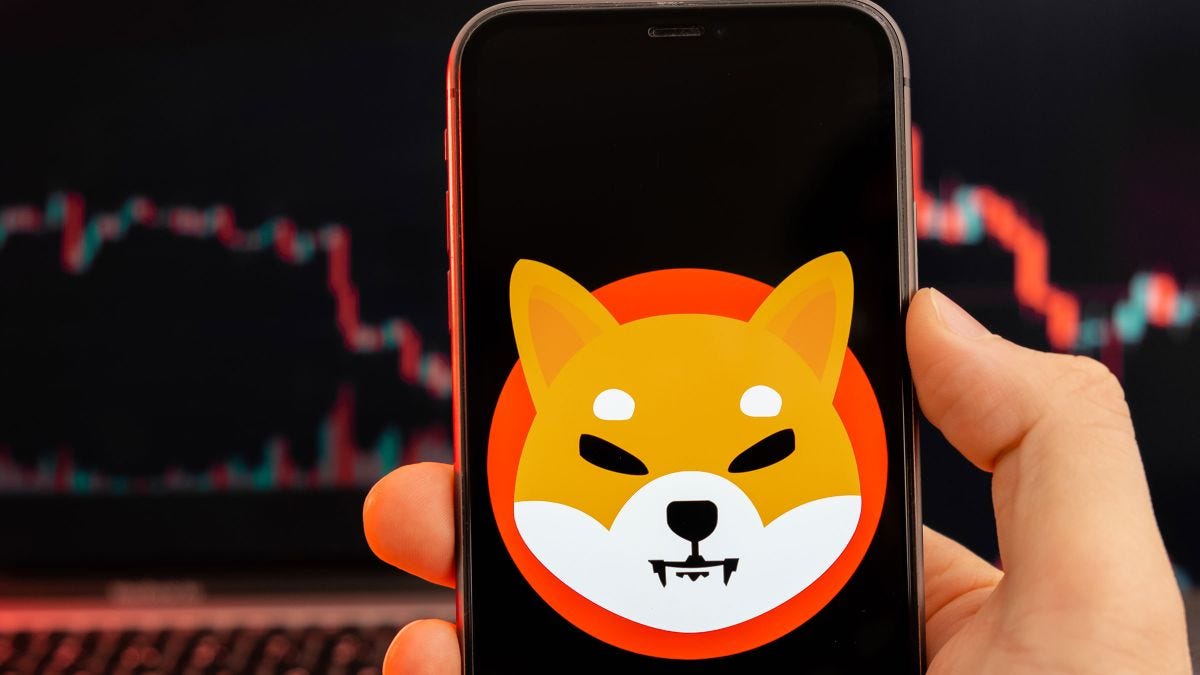|
Getting your Trinity Audio player ready...
|
The total value locked (TVL) in decentralized finance (DeFi) has plummeted over 30% since reaching a local high in December, highlighting increased market uncertainty and declining investor confidence.
According to data from DefiLlama, DeFi’s TVL currently stands at $94.49 billion, a sharp decline from its $137 billion peak on December 17. The value briefly dipped to as low as $88 billion in March, reflecting a broader pullback in the cryptocurrency market.
DeFi Decline Mirrors Crypto Market Slowdown
The downturn in DeFi correlates with the broader cryptocurrency market pullback following an initial rally after pro-crypto U.S. President Donald Trump’s election victory on November 5. Market optimism had pushed DeFi TVL beyond $100 billion, but enthusiasm has waned due to macroeconomic concerns and regulatory challenges.
The Federal Reserve’s decision to extend its pause on interest rate cuts, coupled with concerns over persistent inflation and new reciprocal tariffs, has weighed heavily on investor sentiment. Consequently, Bitcoin has dropped from an all-time high of over $108,000 in January to around $83,000, while Ethereum has slid from $4,000 in December to roughly $1,800.
GM, feeling bullish!
— Leon Waidmann 🔥 (@LeonWaidmann) April 4, 2025
Expecting the Total Value Locked (TVL) in DeFi to hit a new all-time high by end of 2025.📈 pic.twitter.com/auTY28p58b
Regulatory Uncertainty Continues to Hinder DeFi Adoption
Regulatory uncertainty in the U.S. remains a significant barrier to DeFi’s growth. Dan Greer, co-founder of DeFi App, told Cryptonews.com that DeFi represents a transformative financial innovation but warned that unresolved regulatory issues could drive talent and innovation offshore.
“Mass adoption of DeFi hinges on solving its biggest barriers: complexity, cost, and accessibility,” Greer noted. He emphasized that a balanced regulatory approach could accelerate adoption by enabling innovation while protecting users.
Meanwhile, countries such as Switzerland, Malta, and Singapore have implemented clear regulatory frameworks to foster DeFi growth while ensuring compliance and investor protection. This has put pressure on the U.S. to provide legal clarity.
U.S. Senate Repeals Controversial “DeFi Broker Rule”
In a major policy shift, the U.S. Senate voted 70-27 on March 4, 2025, to repeal the controversial “DeFi broker rule,” which would have required certain DeFi operators to collect and report user transaction data. The House of Representatives followed suit on March 11, voting 292-132 to nullify the rule, with bipartisan support.
Despite this legislative relief, DeFi still faces challenges that hinder its mainstream adoption. Greer identified complexity, cost, and accessibility as the primary barriers. Many DeFi platforms require users to navigate private keys, gas fees, and blockchain interoperability—factors that discourage retail investors from participating.
“The centralized exchange market generates $40 billion annually but serves only a fraction of its potential,” Greer stated. “Out of 631 million centralized exchange users, fewer than 20 million have tried DeFi due to complexity and custody concerns.”
Also Read: IOTA Champions FATF’s AML Reform, Calls for Balanced Compliance and Privacy in DeFi
As regulatory clarity improves and DeFi platforms enhance user experience, the sector could regain momentum. However, until major barriers are addressed, widespread adoption remains an uphill battle.
Disclaimer: The information in this article is for general purposes only and does not constitute financial advice. The author’s views are personal and may not reflect the views of Chain Affairs. Before making any investment decisions, you should always conduct your own research. Chain Affairs is not responsible for any financial losses.
I’m your translator between the financial Old World and the new frontier of crypto. After a career demystifying economics and markets, I enjoy elucidating crypto – from investment risks to earth-shaking potential. Let’s explore!




